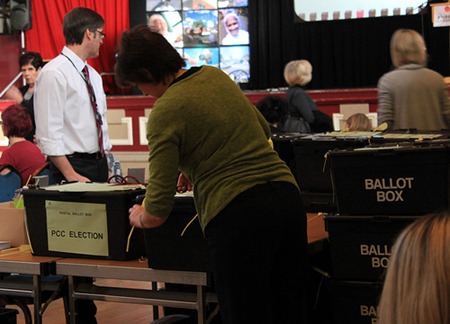Laws differ across the world and the sentences awarded to those who break them differ even more. But the “crime of homosexuality” is perhaps one of the most controversial. As the UK and the US seem to have same-sex marriage on the agenda, countries like France and Uganda appear to be heading in the opposite direction.
Despite a Tory back-bench rebellion extremely likely, the overwhelming support for same-sex marriage in the Commons and Scottish Parliament will guarantee that it will pass into law and the rights for LGBT people in Great Britain will be massively increased and put on a par with heterosexual rights. But it’s questionable as to why society can be so divisive in the first place; after all, surely the concept of love is equal among all, so the accessibility to affirming that should be too. Anti-homosexuality simply doesn’t make sense.
Thus, recent events in France and Uganda seem utterly preposterous. Hollande, France’s President, is rightfully pushing through a bill through parliament that will allow both same-sex marriages and adoption for same-sex couples. Yet, despite this being one of Hollande’s key election policies, seventy thousand took to the streets of Paris in protest and one thousand mayors signed a position in opposition. Perhaps the most ludicrous of suggestions (also raised by Lord Carey, ex-Archbishop of Canterbury) is that same-sex marriage could lead to polygamy – obviously all gay people cheat and want to marry lots of people at the same time. Love between two people of the same sex isn’t equivalent to love between two people of opposite sexes – gays need a lot more to satisfy their desires. Ridiculous!
Meanwhile, in Uganda, the Speaker of Parliament has despicably announced the “Christmas gift” of passing anti-homosexuality legislation. Otherwise known in the media as the “Kill the Gays bill”, the bill allows for the death sentence for those who commit the crime of so-called “aggravated homosexuality” or life imprisonment simply for being homosexual. Hence, options for gays in Uganda are either to live a heterosexual life, to hide their homosexuality or to seek asylum in another country. I’m sure you’ll agree that none of these options would be particularly appealing to you – why should you have to adapt your life, and hide your inner emotions, in order to escape imprisonment or death?
At present, only eleven states in the world allow same-sex couples to legally marry. Ten European states have a constitutional ban on it altogether. Same-sex marriage legislation began to pass through legislatures in the early 2000s – hopefully we can see more of this in the years to come.


